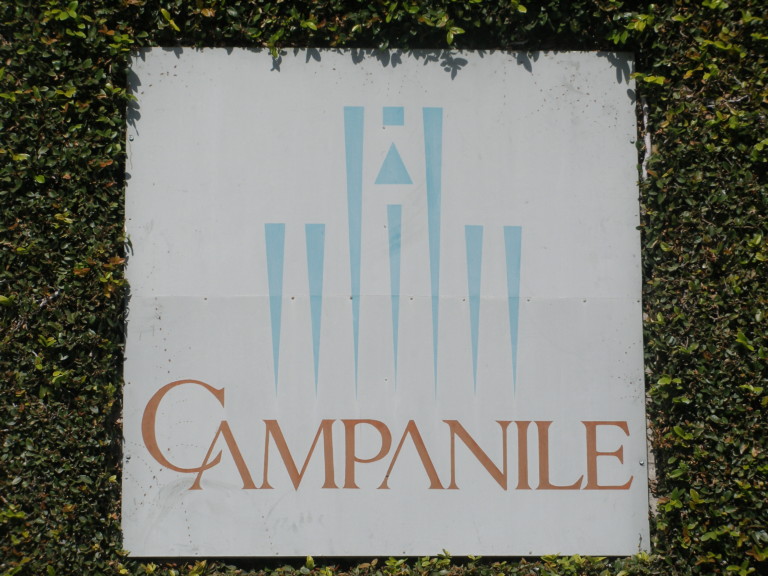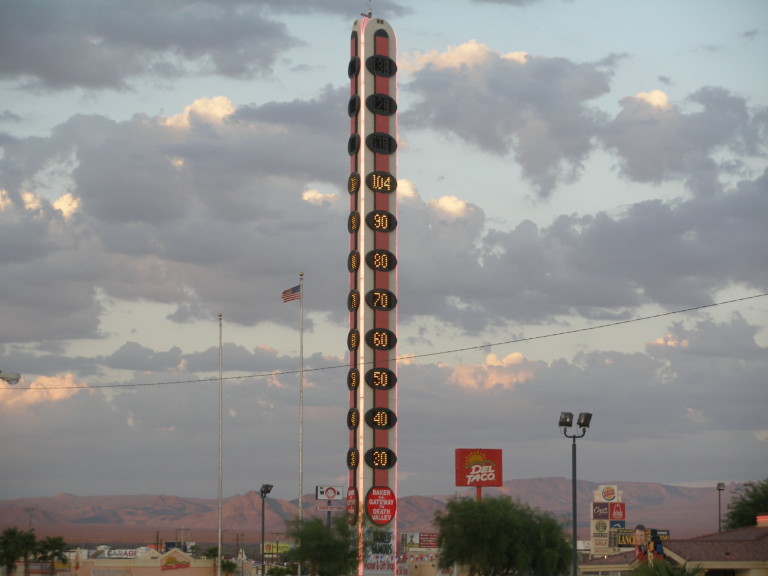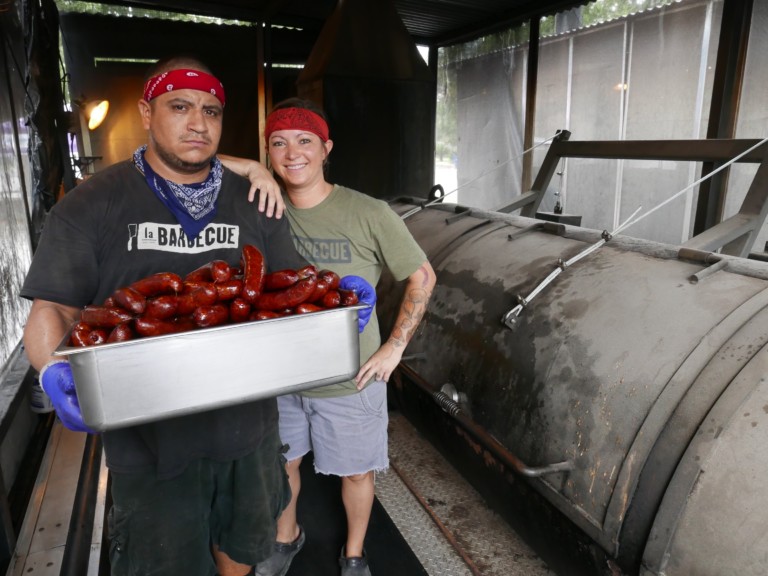The environment has never been under more duress. With that in mind, leading chefs and restaurateurs are taking sustainable steps to benefit their businesses, diners, and the greater community. I recently asked nine chefs who each run multiple concepts, “What steps have you taken to be eco-friendly at your restaurants?” Their answers might surprise you.
Josef Centeno (Baco Mercat, Bar Ama, Ledlow, P.Y.T. + Orsa & Winston)
We have always recycled in all of our restaurants, even when it has not been easy! We recycle all glass and plastic, but are also involved in a food waste recycling program with our trash company. Since working with the LALA Farm in Lincoln Heights, we have also begun sending all the coffee grinds and vegetable scrap for composting that was going solely for trash company program.
In general we work hard to choose organic when purchasing food and I travels 3 times a week to farmer’s markets. A great deal of our wine is biodynamic or organic. With the recent drought we have begun offering water only upon request. Restaurants are big operations with a lot of moving pieces. We try to do our part to make them less wasteful and more sustainable. That’s what makes our newest restaurant PYT feel so special. We are presenting food that we have a relationship to; the way its made and who makes it. That feels like the future of sustainable dining.
Josh Loeb (Rustic Canyon Family of Restaurants)
We were taking steps to be eco-friendly from day one. That was really important to us. Everything from building materials and eco-friendly paints and light bulbs, low water flow things, but to me, it’s about being mindful. For instance, I would much rather get produce from a local farmer who I knew their methods, that weren’t certified organic, than get it from an organic farm in Mexico. The footprint’s smaller. I know the quality and integrity. I can talk to them about how they’re doing, what they’re doing. Just being mindful and aware and not getting caught up in the verbiage of it. “What are we doing? Can we use less of this?” We have a food waste program, a recycling program, try and be good about that. Jeremy [Fox], for flavor, as much as anything else, uses every piece of everything that goes through his kitchen. How can we really eliminate waste? And if we do have waste, like extra pastries at Huckleberry, where can we donate them every day so they have a regular supply? We have a partnership with Upward Bound. Just try and be mindful. Try not to be wasteful. Try to do it from a loving place, as opposed to a guilty place.
Rob Serritella (Sprout Restaurant Group CEO)
We focus on different initiatives depending on the restaurant and their goals. As a company we believe in the power of being eco-friendly and in a little going a long way. With every opportunity we try and be conscious of this. As it relates to future plans we think it should be integrated from the beginning stages. Currently, two company wide projects we are focusing on are recycling as well as food waste. We work with Chefs to End Hunger which is an amazing organization whose mission is to provide meals to the hungry by redistributing the excess prepared food that would normally go to waste in hotels, restaurants, and other foodservice operations to local food agencies to serve the meals.
Jon Shook (Animal, Jon & Vinny’s, Son of a Gun, Petit Trois, Trois Familia + Trois Mec)
We recycle all of our fryer oil, which is massive. All the trash companies that come to our restaurants separate the trash. All compost material makes it to compost. We pull all of our bottles and have a guy pick up glassware and aluminum. We try to be responsible on chemical choices. The most important thing we do that is environmentally friendly and responsible is buying as much produce as possible from the farmers market, even though we don’t advertise it like some people. We have one person responsible for our group. We’ve gotten it down to two vehicles. These are minor things we do around the restaurant. There are more opportunities. Some things just aren’t feasible for the consumer, because they don’t want to pay the costs.
You want to do as much as you can, but it can be tricky. Somebody told me they were only selling California wines because they were trying to cut down on their carbon footprint. I told them, “I hate to break the news to you, but those bottles are coming from China.” There are certain things out of your control, but at our restaurants, we try to do as much as we can.









Blog Comments
Take My Shift Team
February 28, 2017 at 4:25 PM
It’s so encouraging to see things like this in the media. Restaurants being mindful of things like “how much are we using”, “can we use less”, and general food waste and recycling programs is amazing. Hopefully more and more places start to follow these examples.